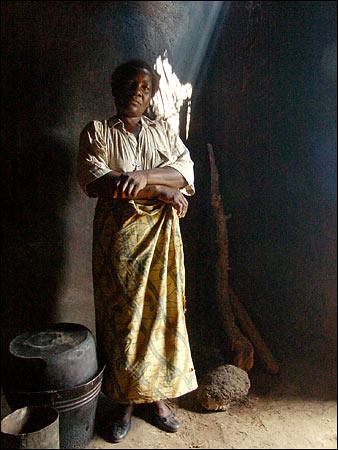

While none of the accounts constitutes a blind defense of this social practice, all three emphasize the need for a holistic perspective that brings into the discourse the rich, complex and diversified nature of African civilization- in its patriarchal and matrifocal dimensions, its strength and weakness, its glory and pain. African Polytheists (including the Ancient Egyptians) as well as African Muslims, Christians and Jews, have often practiced female and male circumcision in their rites of passage, for the transition to puberty and adulthood seldom went unnoticed. Forcing the children that they must be circumcised, if they want a husband want to make a good wife. As well have a good or great marriage.
Ifeyinwa Iweriebor points out that the practitioners do not perform genital surgery on their girls (and sons) to harm them, but rather they engage in the activity for "the noblest of reasons. But their not realizing that their not doing it to hurt them, but in the end their hurting and cutting their life, deeper then their cutting on their body parts. Because each and everyday they go to use the restroom , they still reflect on that day that moment .and look down at what’s been done to them ,without their approvals ." For Apena the issue of female circumcision is more appropriately contextualized in analyses of age, class and power, than in term of gender. Aisha Samad Matias reminds us that the custom was in some cases done to enhance sexuality; that all groups circumcising females generally circumcise males; and that the actual day of circumcision is one of accomplishment and recognition as much as fear and pain. When it’s all said and done their teaching the young women to be afraid and not wanting to look forward into having any relations with their partner. Because it makes you think I have to be cut in order to have a good husband and to have a good life. But I would hurt everyday because I was cut. But yet I would show no fear .only within.
No comments:
Post a Comment